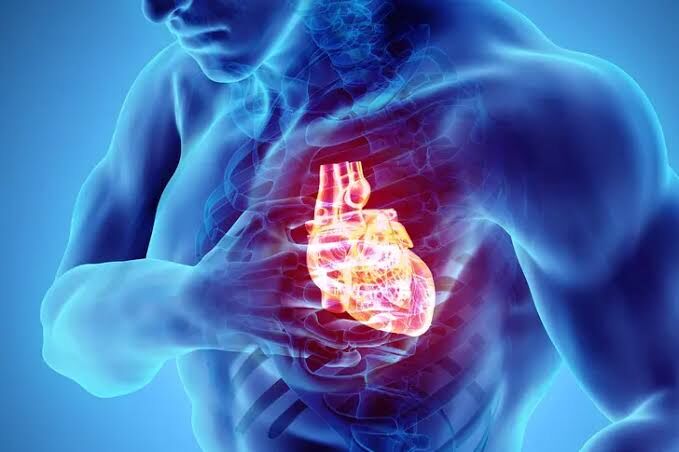Smoking, obesity, stress may drive up cardiac deaths among young, warns Hyderabad doctor

Hyderabad: Sudden cardiac death (SCD) among young individuals, though less common than in older adults, is a serious concern that is increasingly being reported in recent years. According to experts, early detection, awareness and preparedness can save lives.
What is Sudden Cardiac Death?
“SCD refers to an unexpected death due to heart-related causes, usually within one hour of symptom onset,” explained Dr Naresh Kumar Monigari, Consultant Interventional Cardiologist and Director, Cath Lab, Renova Century Hospitals, Banjara Hills.
“While it is more common in older adults, it can also affect seemingly healthy young people, including athletes and students.”
Causes in the Young
Inherited heart conditions such as hypertrophic cardiomyopathy (HCM), arrhythmogenic right ventricular cardiomyopathy (ARVC), congenital coronary anomalies and Long QT syndrome remain well-recognised causes.
However, Dr Monigari noted a recent trend: “In recent days, acute coronary syndromes, commonly known as heart attacks, are also increasingly being seen in younger adults, especially due to modern lifestyle factors.”
He pointed out that acute coronary syndromes in the young are often linked to smoking, obesity, sedentary habits, high cholesterol, diabetes and unchecked stress.
“In some cases, it may be due to undiagnosed genetic predispositions or early-onset atherosclerosis. Unfortunately, the first sign of a blocked artery may be a fatal arrhythmia or cardiac arrest,” he said.
Warning signs to watch for
“Prevention starts with awareness of warning signs such as unexplained fainting, especially during exercise, chest pain, palpitations, family history of sudden death or early heart disease and seizures misdiagnosed as epilepsy,” said Dr Monigari.
He stressed that such red flags must prompt a thorough evaluation through ECG, echocardiogram, stress testing, and in some cases, advanced imaging like CT coronary angiogram or invasive angiogram.
Screening and lifestyle modifications
Dr Monigari highlighted the need for preventive screening.
“Young individuals, especially athletes and those with a family history, should undergo routine cardiac screening. Early diagnosis of silent heart disease can prevent tragedy,” he said.
He added that lifestyle choices play a crucial role. “Avoiding tobacco, managing weight, exercising regularly, controlling blood pressure and reducing stress are equally important to reduce risk.”
Emergency preparedness
Immediate response can be life-saving in the event of cardiac arrest.
“Equipping public spaces, schools, gyms and sports arenas with Automated External Defibrillators (AEDs), creating CPR awareness among the general population, and ensuring urgent transfer of patients to hospitals with Cath lab facilities can significantly improve survival,” said Dr Monigari. “Every minute counts, and bystander action often saves lives.”
Dr Monigari emphasised that while SCD in the young is rare, it is often preventable.
“Don’t ignore warning signs. Timely screening, awareness of risk factors and emergency preparedness are the pillars of prevention. Protecting young hearts begins with education, vigilance, and proactive healthcare.”
Source link

